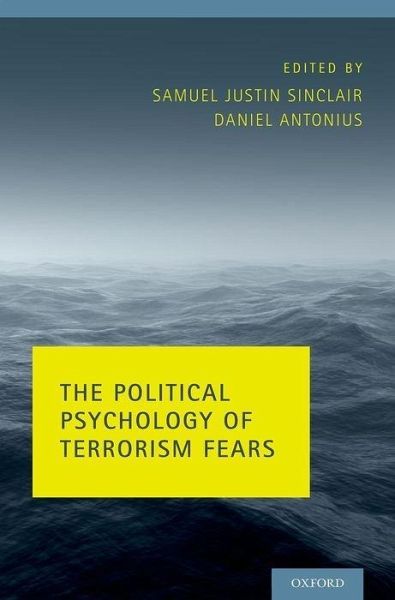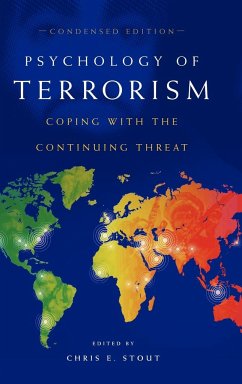
Political Psychology of Terrorism Fears

PAYBACK Punkte
58 °P sammeln!
The Political Psychology of Terrorism Fears examines how emotional responses to terrorism, and specifically, fear, impact on political processes in multiple international contexts. The volume presents an integrated collection of empirical and theoretical studies and discusses the implications of this body of research.













